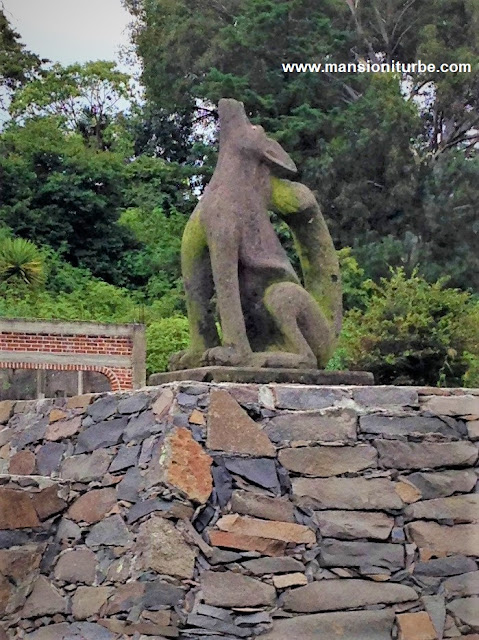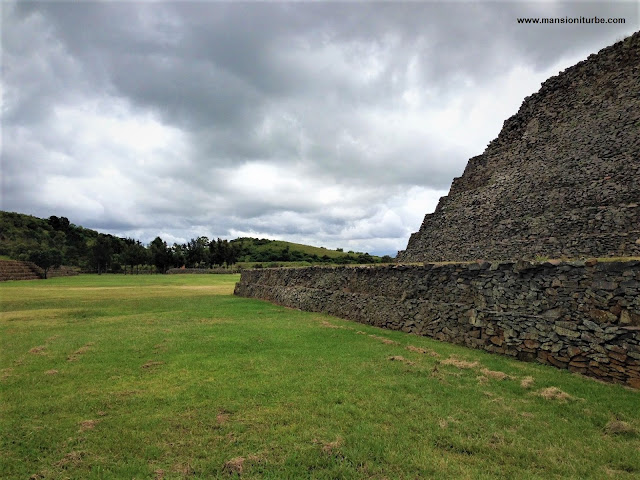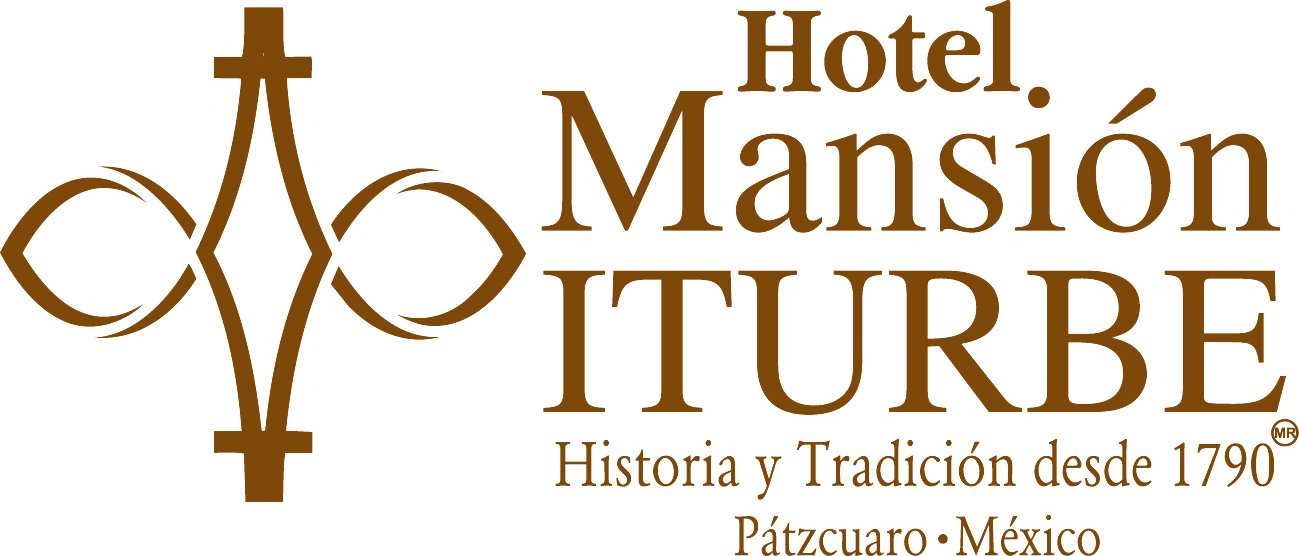Ihuatzio: Archaeology and Artisans to Enjoy
Ihuatzio is currently recognized among connoisseurs of popular art for its craftsmade with vegetable fibers, but it has a lot of archaeological and
architectural history of the sixteenth century, too, including its Parish
dedicated to San Francisco de Asis.
 |
| Archaeological Sites in Mexico: Ihuatzio near Patzcuaro |
Among the many places to visit near Pátzcuaro, Hotel Mansión Iturbe recommends to our guests the community of Ihuatzio, located approximately 16 kilometers (10 miles) from Pátzcuaro.
How do I get to Ihuatzio from Pátzcuaro, if I want to drive myself? Take Route 120 toward Quiroga
and turn at the Ihuatzio exit.
Here, we will share with you some
important elements to take note of for your visit. These elements will
help you gain a deeper understanding of this interesting place, located in the Lake Pátzcuaro basin.
Ihuatzio in Purépecha means “place of coyotes.”
 |
| Ihuatzio, Michoacan |
The associated archaeological zone is located 800 meters off the main plaza, where the Temple of San Francisco is located, and which we recommend that you visit, as well.
History of Ihuatzio
1. This
territory had two phases of occupation, with its time of splendor around
1450 A.D.
2. In a first
phase, the territory was occupied by Nahuas (with Toltec influence), who
populated the Islands of Lake Pátzcuaro and the lake shores. The
territory was occupied in the second phase by the Purépechas.
3. The Archaeological Zone was used
as an astronomical observatory and ceremonial center.
4. Ihuatzio, along with Pátzcuaro and Tzintzuntzan, were the
most important centers of power where the Purépechas settled.
5. Among the
representative constructions of Ihuatzio, there are two “yácatas” as offerings
to (1) Curicaveri, the God of Fire, and (2) Xarátanga, Goddess of the Moon, with
its two-stepped walls running along the property, and where ceremonies were
performed and which also served as defensive walls. The remarkable curious
discovery of a figure of Chac Mool was made in 1938 on the grounds of the
yácatas.
 |
| Ihuatzio Archaeological Zone |
 |
| The Archaeological Site of Ihuatzio, Michoacan |
Sixteenth-Century Franciscan Temple
On the outside, below the Bell Tower, of
this temple, you can see depictions of the sun and the moon, a sample of the
religious syncretism that occurred with the arrival of the evangelizers.
For the Purépechas, Tata Juriata and Nana Cutzi (the father sun and the mother
moon) were made part of the evangelizers’ religious plan.
At the top of the façade, you can see the Virgin of Guadalupe, with the details of the cantera frame around the meticulously worked door.
 |
| Franciscan Temple in Ihuatzio, Michoacan |
 |
| Tata Juriata and Nana Cutzi (the father sun and the mother moon) |
 |
| Franciscan Temple in Ihuatzio, Michoacan |
Artisans of Ihuatzio
Handicrafts of chuspata and tule (“vegetable
fibres”) are most typical of Ihuatzio. Visit the craft workshops
surrounding the square. You will find a wide variety of furniture and
figures made of vegetable fibers wrapped around ironwork.
 |
| Handicrafts made with vegetable fibers |
*Text, pictures and video property of Hotel Mansión Iturbe.
We invite you to check more post in our blog, you will find information about Pátzcuaro and its surroundings that we hope will be useful for your next trip to our colonial town in Mexico.
Here are some post that we suggest you:
Santa Clara del Cobre Land of Artists
Three Archaeological sites near Patzcuaro
Six Artisan Crafts Routes of Patzcuaro
CODIGOS GDS | |
| Amadeus: | ON MLMMAN |
| Sabre: | ON |










Comentarios